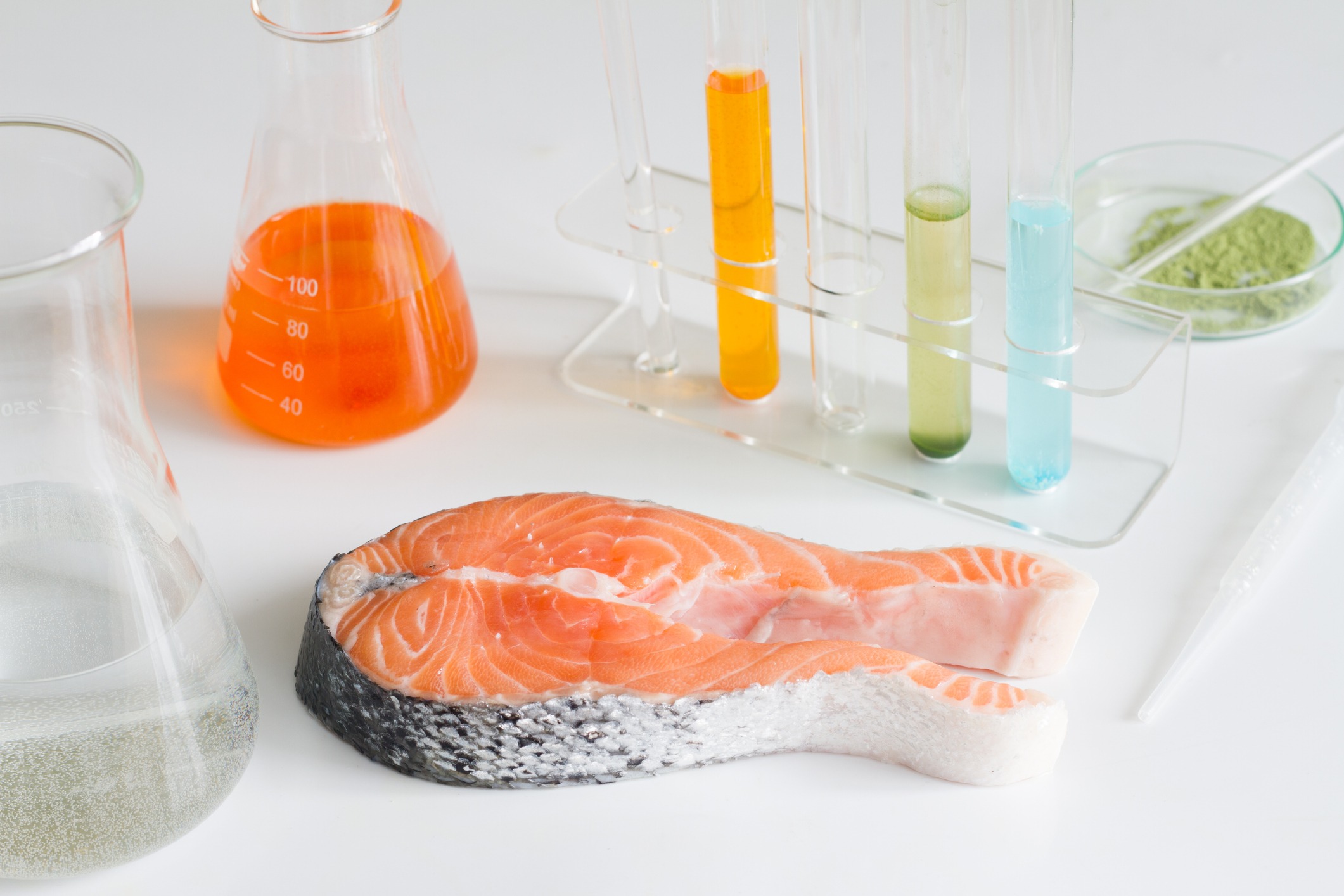The weight of the global fishing industry is taxing our oceans, spurring a flurry of startups to come up with solutions to build a future of seafood, without the sea. Quorn-backed Shiok Meats is working on cultivating shrimp meat in a lab in Singapore after a $4.6 million seed round in April 2019. San Diego-based BlueNalu is carrying out its pilot producing whole seafood medallions and fillets based on cellular agriculture technology.
Naturally, doubts have popped up over regulation and potential health and environmental impacts. A study by Oxford University found that producing lab-grown meat could just be as bad for the planet as traditional animal farming. It concluded that the amount of heat and electricity required to produce cultured meat could even be worse for the environment, if the energy systems used remain dependent on fossil fuels.
To address that cloud of doubt, WorldFish and the International Food Policy Research Institute (IFPRI) have linked up, signing a memorandum of understanding in Malaysia on September 16. WorldFish, based in the city of Penang, is an international nonprofit research organization on seafood. The IFPRI seeks sustainable solutions for ending hunger and poverty.
Snapshot: About the WorldFish & IFPRI’s partnership
|
The release said the two non-profits will generate “research and policy recommendations to support a sustainable transformation of food systems through a range of aquatic foods.” The release elaborated that the said range included fish, molluscs such as mussels and clams, plants like seaweed, and “synthetic” fish meat produced in laboratories.
“Lab-grown beef is rapidly emerging as an alternative to farmed beef, and some companies are already working on lab-grown fish meat,” said Dr Gareth Johnstone, director-general of WorldFish. “As major suppliers of fish to the developed world, there are many uncertainties as to the impact of synthetic fish meat on the millions of fish producers, processors, entrepreneurs and others in the fish value chain in the developing world.”
WorldFish has already been making waves in aquaculture, with a focus on improving ecosystems in developing countries, like Egypt. On September 10, it announced it had developed a new strain of tilapia that is “more nutritious and cheaper than chicken.” The genetically-improved farmed tilapia (or GIFT) reportedly grows 50% to 80% faster, with a higher survival rate compared to their wild counterparts, when farmed. Johnstone also added that Egypt has become Africa’s largest aquaculture producer by cultivating GIFT.
“The new research collaboration with IFPRI – one of the world’s leading policy institutes – will help us better understand these and other impacts as supply and demand for conventional fish in the developed world changes,” elaborated Johnstone, in the release. “It will mean we can be sure our research supports development of robust global, regional and national policies and make sure aquatic foods are part of the sustainable food systems of the future, and that developing countries play a big part.”
Like its partner in the research deal, IFPRI’s efforts focuses on low-income nations and on the poorer groups in those countries. It has created various new tech to improve the livelihoods of farmers, such as Picture-Based Insurance, which gives farmers access to crop insurance with a free app on their smartphones. It also carries out research, recently releasing a report, showing the efficacy of a genetically modified eggplant that has been cultivated in Bangladesh, which not only boosted farmer profits by 27%, but cut pesticide use by 40%.
AFN has reached out to WorldFish and IFPRI for comment, stay tuned for updates.
Know about tech that’s prepping for the future of food? Drop me an email at [email protected].





